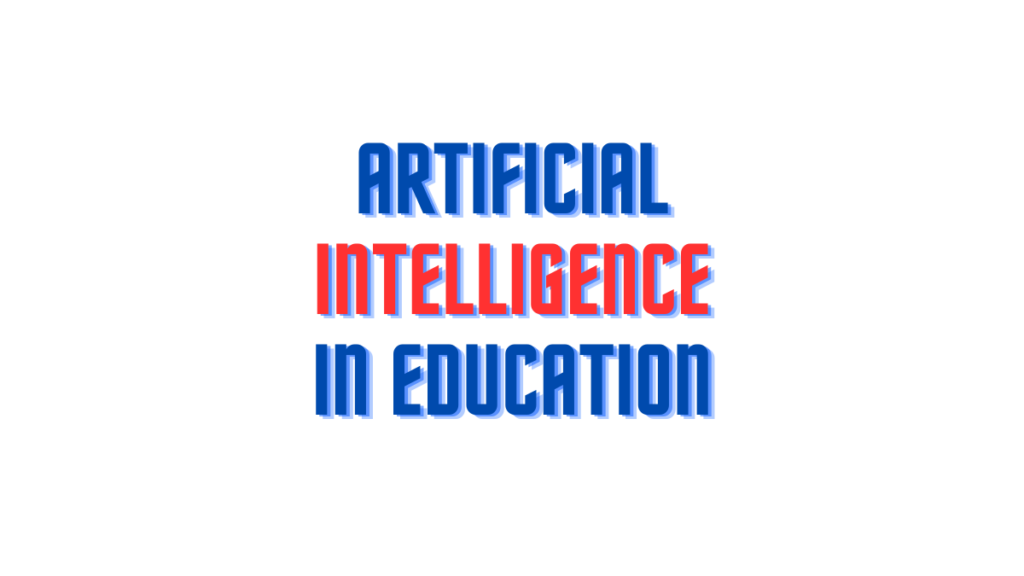Artificial Intelligence (AI) is not just reshaping industries; it’s also revolutionizing education. The integration of AI into educational processes is ushering in a new era of personalized learning, data-driven insights, and enhanced teaching methods. In this article, we’ll explore the transformative impact of AI in education.
**1. Personalized Learning:
One of the most significant advantages of AI in education is its ability to personalize learning experiences. AI algorithms analyze individual student data, learning patterns, and preferences to tailor educational content and pacing. This ensures that students receive materials that match their unique needs, ultimately leading to improved comprehension and retention.
**2. Virtual Tutors and Assistants:
AI-driven virtual tutors and assistants provide students with instant support outside the classroom. These AI systems can answer questions, explain concepts, and offer guidance on assignments, helping students bridge gaps in their understanding and promoting independent learning.
**3. Automated Grading and Feedback:
Teachers often spend significant time grading assignments and providing feedback. AI-powered grading systems can automate this process, offering instant feedback to students while freeing up educators to focus on more personalized interactions and teaching.
**4. Identifying At-Risk Students:
AI can analyze student data to identify those at risk of falling behind or dropping out. Early intervention strategies can be implemented to provide additional support and resources, ensuring that no student is left behind.
**5. Enhancing Teacher Efficiency:
AI tools can assist educators by automating administrative tasks, such as attendance tracking, lesson planning, and data analysis. This allows teachers to allocate more time to teaching and mentoring students.
**6. Language Learning and Translation:
AI-powered language learning apps and translation tools are making it easier for students to learn new languages and communicate with peers globally. These applications use natural language processing (NLP) to improve language skills rapidly.
**7. Education Accessibility:
AI-enabled educational platforms are expanding access to quality education worldwide. Students in remote or underserved areas can access high-quality courses and materials, leveling the educational playing field.
**8. Continuous Learning and Adaptive Curriculum:
AI can create adaptive curricula that evolve based on student progress. This ensures that students are always challenged at an appropriate level, preventing boredom and encouraging growth.
**9. Data-Driven Decision Making:
Educational institutions use AI to analyze large datasets to make data-driven decisions. This includes optimizing resource allocation, improving curriculum design, and enhancing the overall learning experience.
Conclusion: The Future of Education
Artificial Intelligence is not replacing teachers; it’s augmenting their capabilities and improving the learning experience for students. With AI’s ability to personalize learning, automate tasks, and offer valuable insights, the future of education looks promising. It’s a future where education is more accessible, engaging, and tailored to each student’s unique needs, fostering a generation of lifelong learners.
As AI continues to advance, the educational landscape will continue to evolve, ensuring that students receive the best possible education, no matter where they are or how they learn.

